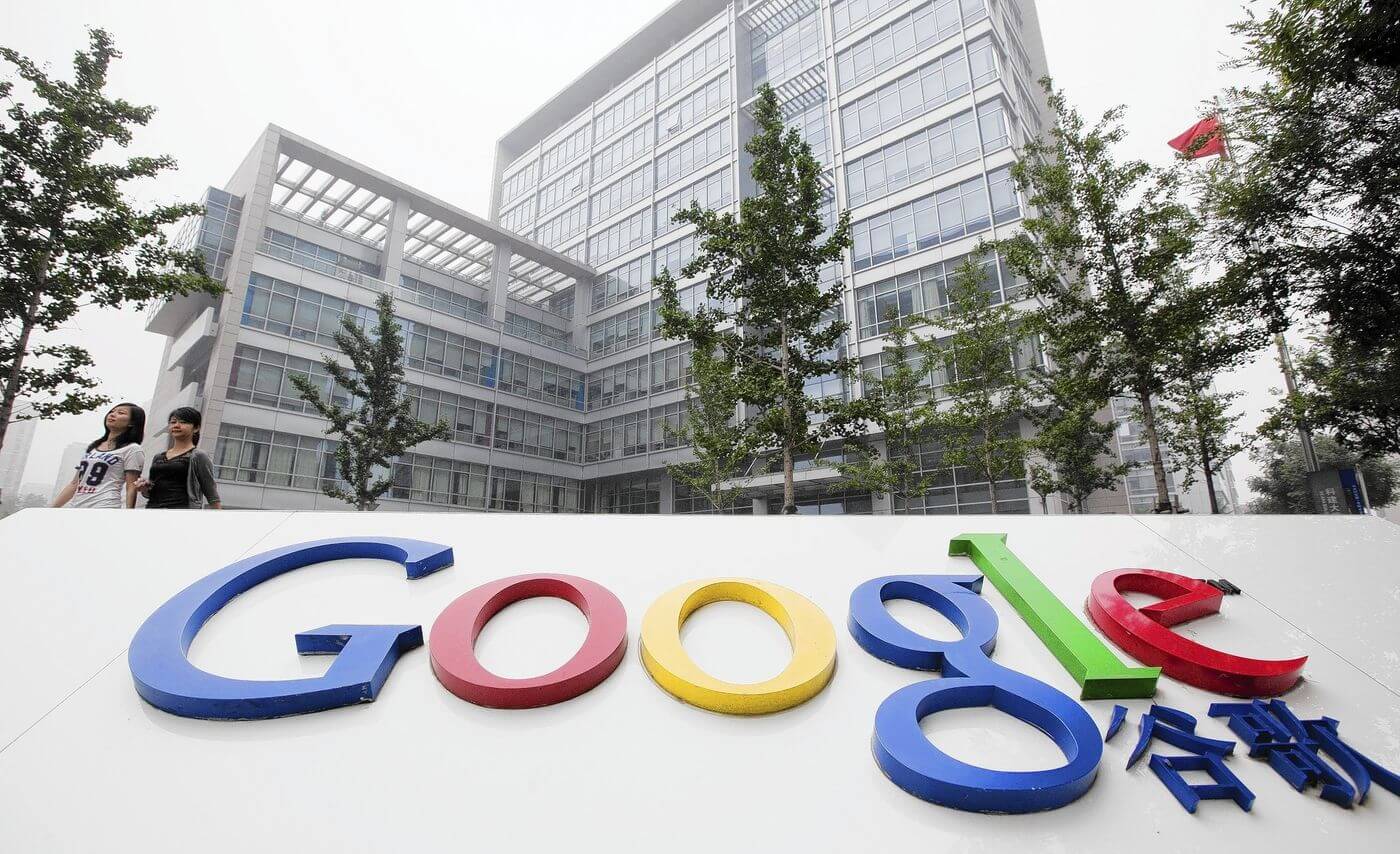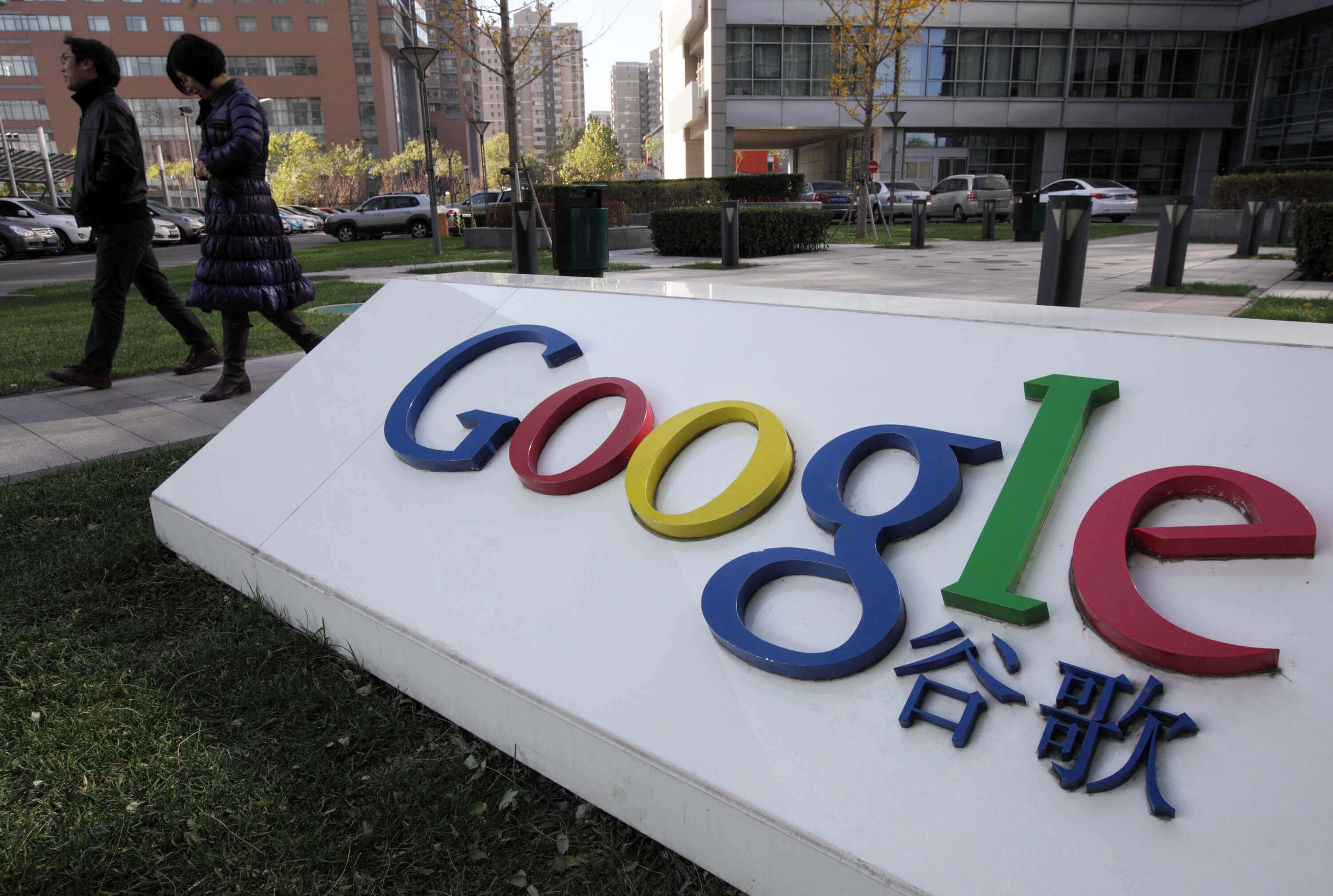Through the looking glass: Google has had several run-ins with the Chinese government and is finally caving to demands for a heavily restricted search engine. Project Dragonfly by Google is a custom censored search engine that makes oppression easier than ever before.
China has some of the harshest laws that tech companies must comply with or face being banned from operating in the country. Google has been making a series of strategic investments into Chinese businesses as a way to indirectly gain access to one of the world's largest markets, but now may be taking a more direct approach.
Arriving under codename Dragonfly, Google is believed to be working on a search engine specifically for China that will be heavily censored. Search results will not include links to sites focusing on democracy, religion, human rights, or protests in addition to an array of other forbidden topics. Notable banned websites include BBC News and Wikipedia.
Any search terms or site that goes against the views of Chinese officials is subject to being removed from search results.
Two custom Android apps have already been created and demonstrated to the Chinese government under names Maotai and Longfei. A launch within the next six to nine months is expected contingent upon government approval.

Google has been heavily restricted in China since 2010. The Great Firewall has been used to completely block access to Google Search across the country except in Hong Kong, which operates as an independent region and is not subject to the same censorship laws.
According to the source that leaked internal documents about project Dragonfly, only a few hundred people at Google previously knew about the censored search engine being created. Whether or not tech companies should enable censorship and the following oppression of a nation's people is open to debate.
It certainly makes financial sense for Google to want a piece of the Chinese market in a more direct fashion, but its previous policy of "Don't Be Evil" may have been completely forgotten for this project. At just over 750 million internet users, China itself is nearly as valuable as all of Europe.
When Google pulled out of China in 2010, co-founder Sergey Brin voiced strong objections to any form of censorship having been born in the Soviet Union. Knowing the personal effects that censorship can leave behind, Brin hoped to see a "more open internet," instead of allowing information to be withheld.
